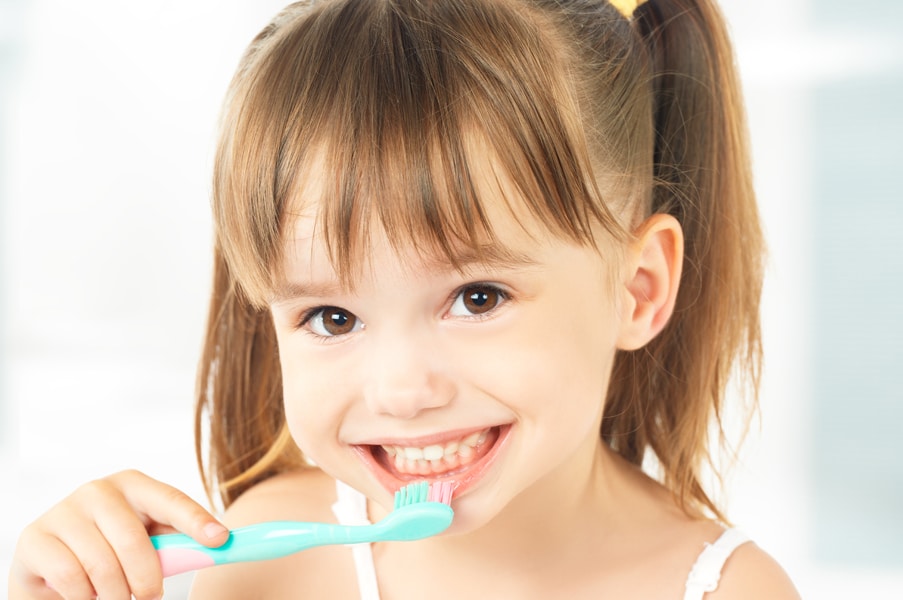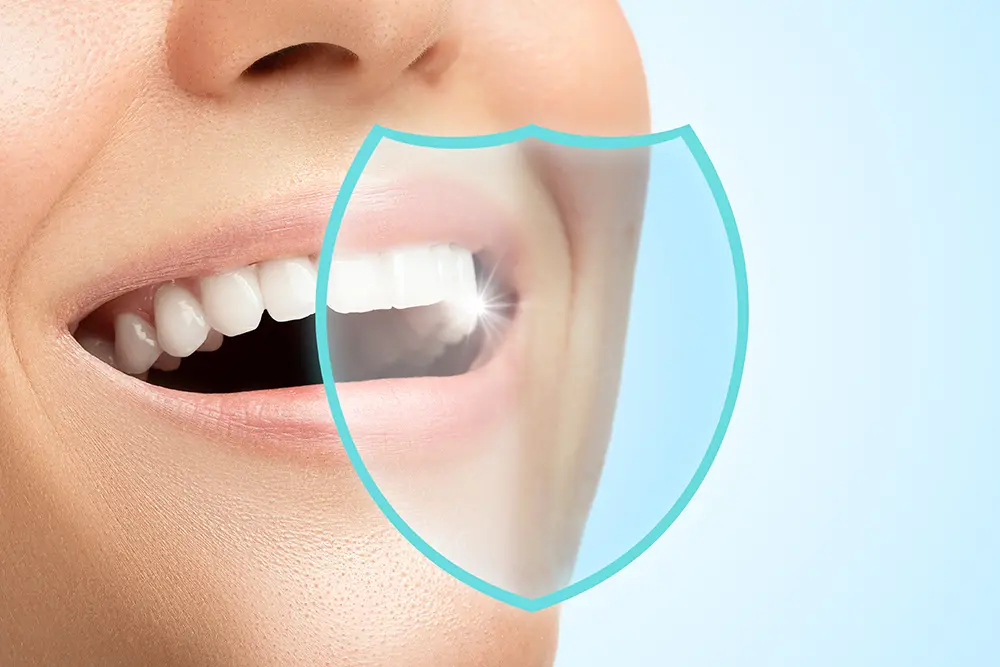Most people have two sets of teeth during their life: a set of primary or “baby teeth” and the permanent or “adult teeth”. Your child’s set of primary teeth usually erupt between the ages of 6 months and 3 years. Most of the time, these baby teeth will eventually loosen and fall out when the permanent teeth push out and emerge from the gums.
The last of the primary molars typically shed when your child is 10-12 years old, thereby giving way to the adult premolars that would eventually replace the last of the baby teeth. Even though baby teeth would eventually be replaced later on, the last of the primary teeth is to serve their function until your child becomes 10-12 years old.
Importance of your child’s baby teeth
Naturally, baby teeth are needed for proper chewing and are important in the development of speech and normal oromuscular function. However, the most important role of the baby teeth is actually preserving space for our adult teeth until they can grow up from underneath.
If a baby tooth is removed early because of cavities, some of the space needed for our adult teeth in the jaw is lost and this can lead to crowding of teeth when the rest of the adult teeth emerge later on. Moreover, this can sometimes delay the eruption of the adult tooth that is growing beneath.
Do we need to maintain healthy baby teeth since they are going to get replaced anyway?
In addition to the important functions of baby teeth as listed above, the health of your child’s primary teeth can affect the eruption of the developing adult tooth. When your child has a cavity, it is essentially decay that is caused largely by the bacteria living in the dental plaque on your child’s teeth. As the cavity progresses deeper to the vital tissues of the infected baby tooth, your child may experience a toothache or a dental abscess due to an infection of the vital tissues of the tooth.
The episode of a toothache or a dental abscess is not only a painful experience for your child, but it may also affect the eruption of the underlying adult tooth.
What can I do to keep my child’s baby teeth clean and healthy?
It is thus essential for parents to help their children develop good oral hygiene maintenance habits while they are still young. By age 5, your child should be able to manage brushing his or her teeth twice a day, once in the morning and once at night. However, you should supervise their brushing habits regularly.
You could give your child a small-headed, soft-bristled toothbrush, and apply fluoridated toothpaste in an amount about the size of a small green pea. Encourage your child to watch you and older siblings brush teeth so that they have positive examples to follow. Teach your child not to swallow the toothpaste.
In addition to brushing, you may start flossing your child’s teeth as soon as they touch each other. Do speak with your dentist about the right timing and technique to floss your child’s teeth and to teach your child to floss.
On top of home care for your child’s dental hygiene needs, it is important to have your child’s teeth examined and professionally cleaned. If your child has had his first dental visit as soon as his first few primary teeth appeared, you would be encouraged to continue with follow up appointments at regular intervals.
As the dental needs vary from child to child, it is important for your child to be examined by a dentist so that an assessment of his/her condition can be made and the appropriate therapy can be given.




